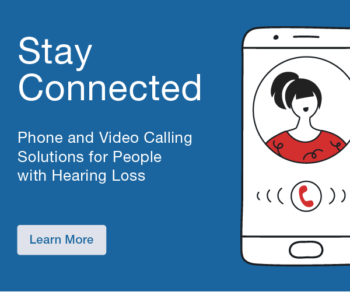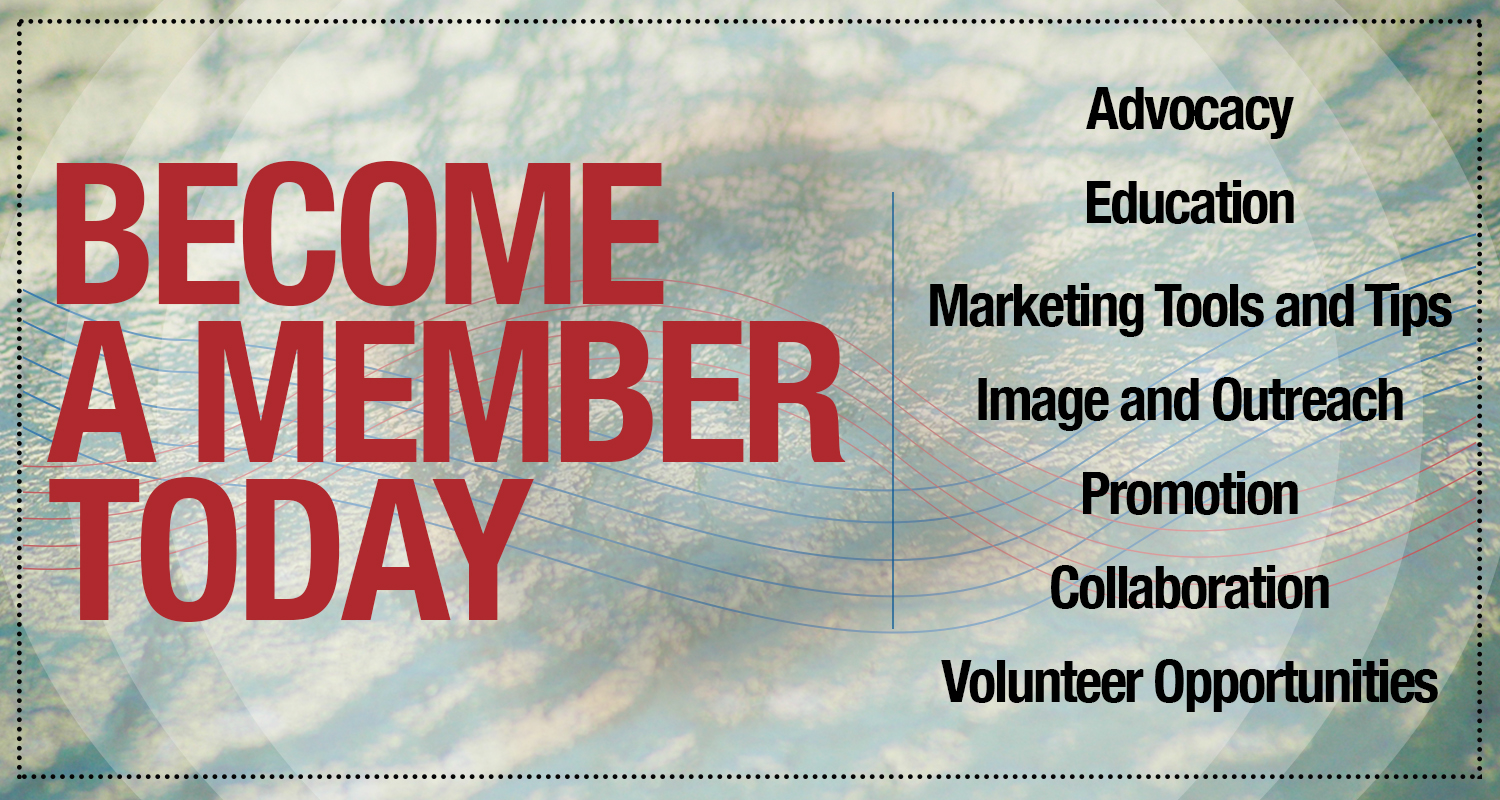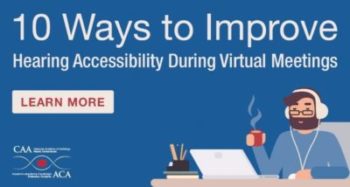The detection of unilateral hearing loss in infancy and early childhood has unveiled a ‘new population’ of children who require early audiologic support. There has been a recent focus on bringing clarity to the needs of this special group of children, especially with respect to the impact of unilateral loss on their development and to defining intervention needs including amplification. Despite early detection, studies continue to demonstrate that children with unilateral loss are at risk for difficulties in auditory and communication development. This session will provide an overview on hearing trajectories and developmental outcomes of children with unilateral loss. There remains uncertainty and considerable variation in the clinical management of these children. This session will address current clinical practices and challenges in supporting these children and families, including insights from caregiver-focused research about their perspectives and experiences in supporting their children with unilateral hearing loss.
Learning Objectives:
- Be familiar with current evidence related to the impact of unilateral hearing loss on preschool and school-age children.
- Describe current clinical practices and variations in managing children with unilateral hearing loss.
- Understand intervention support needs including amplification from parent perspectives and experiences.



